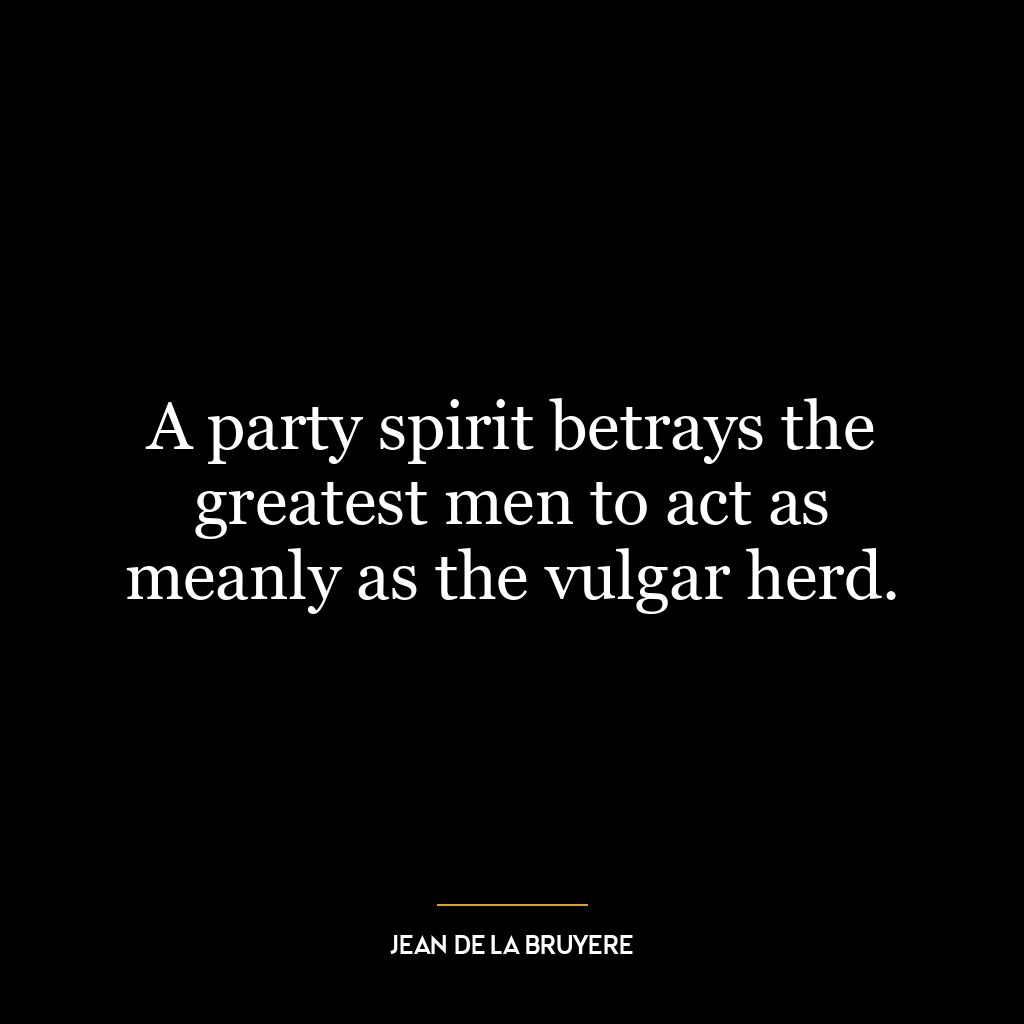This quote emphasizes the importance of action over desire in defining a person’s goodness. It suggests that merely wanting or intending to be good is not enough. Instead, one’s actions, behaviors, and decisions are what truly determine their character. This is because actions are tangible and have real-world consequences, while desires remain in the realm of thought and intention.
For instance, one might desire to help the less fortunate, but unless they take steps to do so—like volunteering or donating—this desire remains unfulfilled and does not contribute to their goodness. The act of helping, not the wish to help, is what makes a person good.
This idea is particularly relevant in today’s world, where virtue signaling—publicly expressing moral values more for the sake of appearance than genuine commitment—is prevalent. It reminds us that true goodness cannot be achieved through words or intentions alone, but through consistent, meaningful actions.
In terms of personal development, this quote encourages us to focus on action and follow-through. It challenges us to move beyond mere intention and to actively manifest our values and goals in our daily lives. This could mean taking concrete steps towards self-improvement, like adopting healthier habits, learning new skills, or making amends in relationships.
Moreover, it underlines the importance of integrity—acting in alignment with our values—even when it’s difficult or when no one is watching. It’s not enough to simply desire to be honest, kind, or responsible; we must demonstrate these qualities through our actions.
In conclusion, while desire is the starting point, it is our actions that define us. As the saying goes, “actions speak louder than words.” This quote serves as a powerful reminder to live our values, not just profess them.











